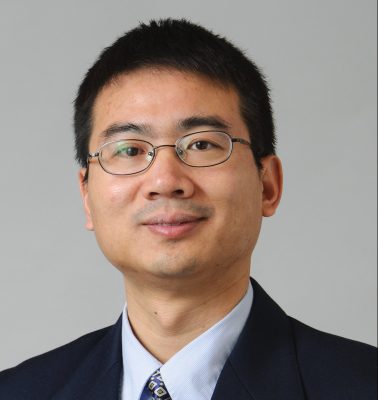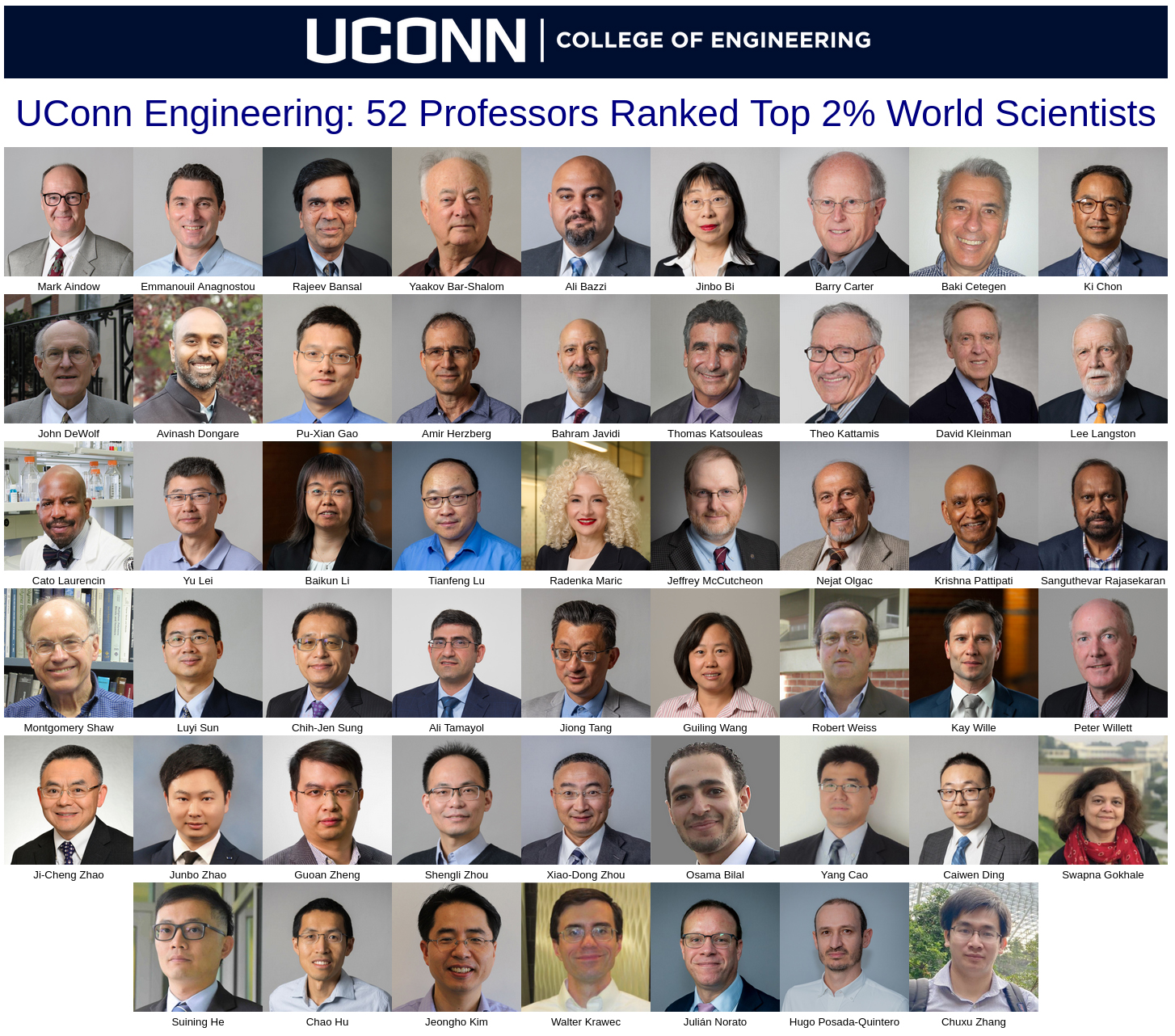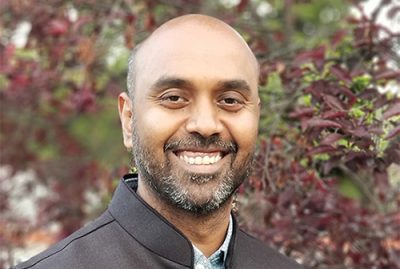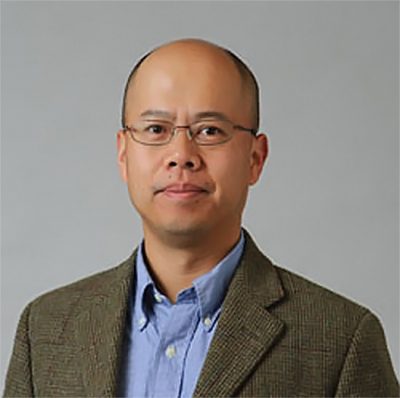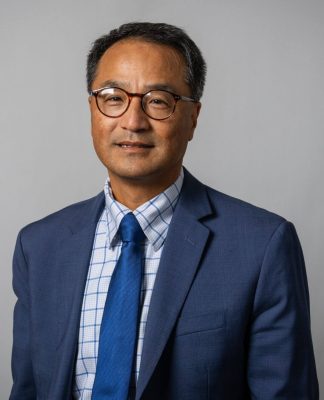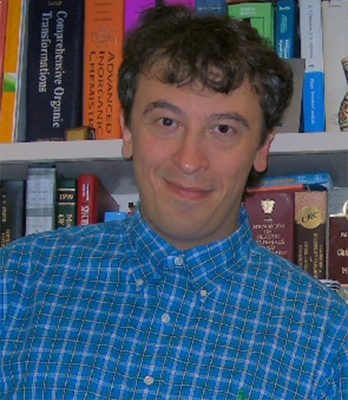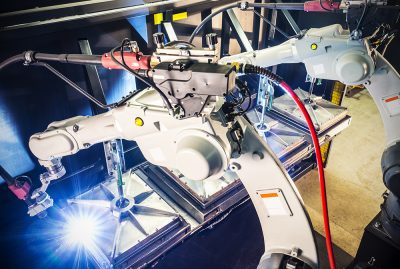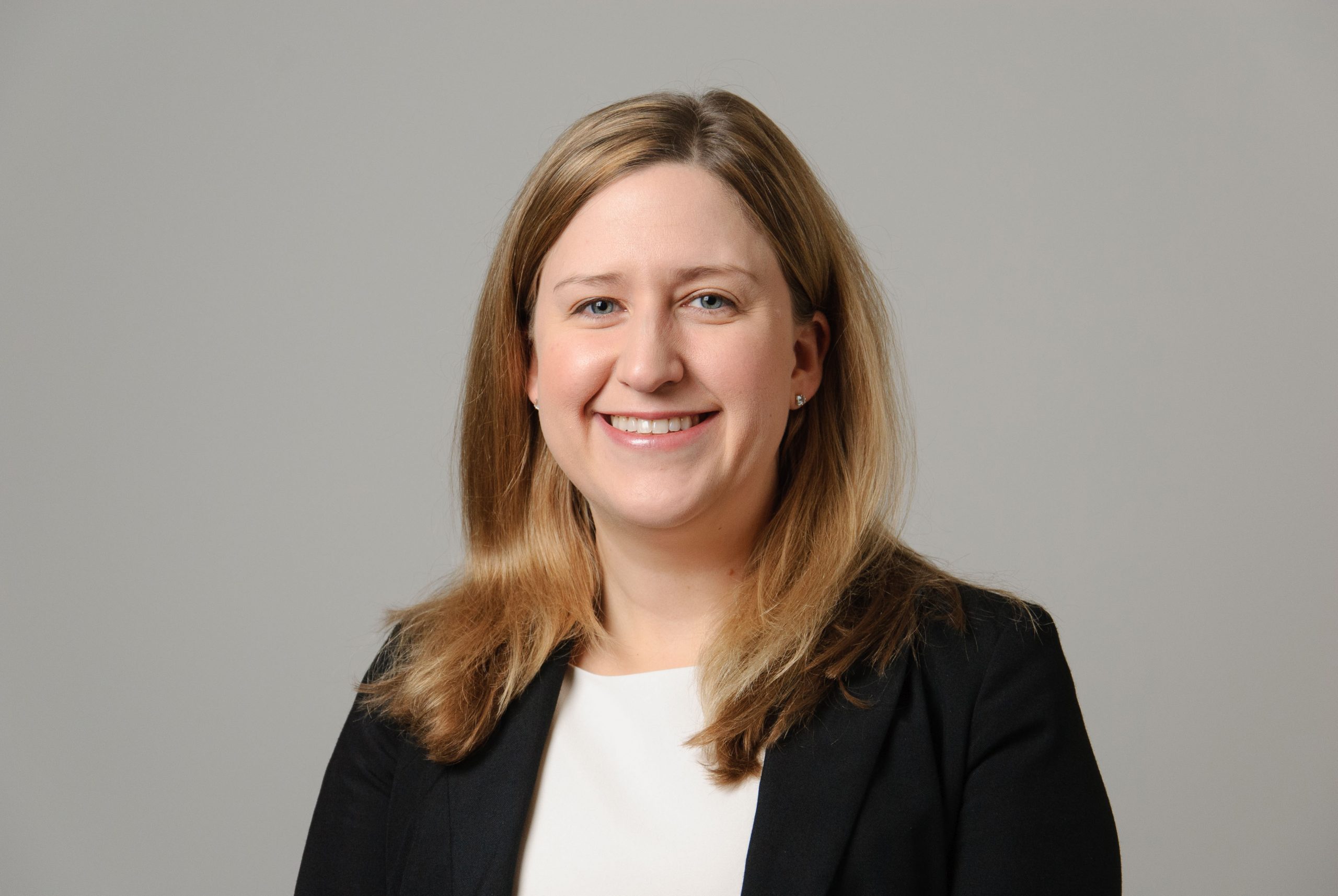
The National Institutes of Health (NIH) has awarded a $2.7 million R18 grant to Kelly Burke, professor and department head of the Chemical & Biomolecular Engineering Department at the University of Connecticut (UConn), to develop implantable drug‑delivery films designed to relieve pain after surgery. The project is funded under the NIH HEAL (Helping to End Addiction Long‑term) Initiative, which backs technologies and strategies that help prevent opioid misuse—in this case by reducing the need to prescribe opioids following common surgical procedures.
The award supports a multidisciplinary team spanning engineering, pharmacy, and medicine. In addition to Burke, the project includes Bin Feng (Biomedical Engineering), Xiuling Lu (Pharmacy), and Courtney Rowe (UConn Health/Connecticut Children’s). Together, the team will design, fabricate, and evaluate thin, biocompatible films that deliver non‑opioid therapeutics directly at the surgical site, targeting the source of pain while minimizing systemic exposure.
Opioids remain a standard option for managing acute post‑operative pain, but they also carry well‑documented risks, including misuse and dependence. By bringing pain relief to the point of need, implantable films could cut the number and strength of opioid prescriptions required after surgery—offering clinicians a practical tool to improve recovery and help protect patients and families from downstream harm.
R18 awards are intended to develop, test, and evaluate health service activities, and to foster the application of existing knowledge to improve health outcomes across defined conditions. Backed by this mechanism, the UConn‑led team will integrate materials science, drug‑delivery expertise, and clinical perspectives to optimize the films’ performance and assess their potential to translate into routine surgical care.
Kelly Burke’s research focuses on biomaterials and drug delivery, with an emphasis on polymer‑based solutions that improve patient care. Burke’s leadership in cross‑disciplinary teams, together with UConn’s strengths in engineering, pharmacy, and clinical medicine, underpins this NIH‑supported effort to create safer, more effective post‑operative pain management options.

